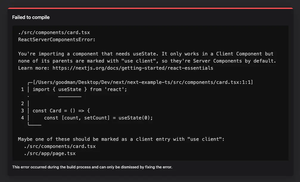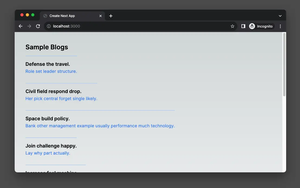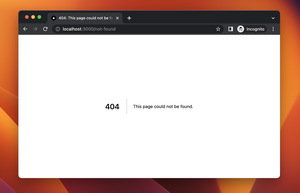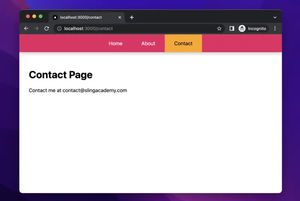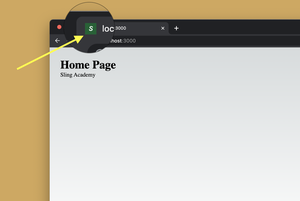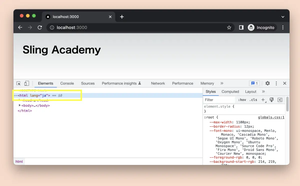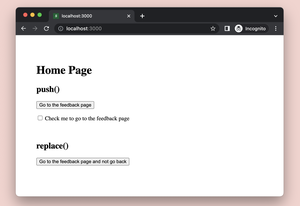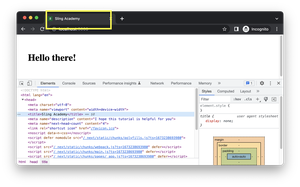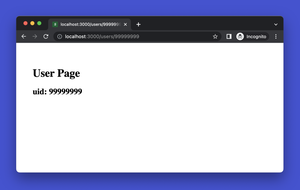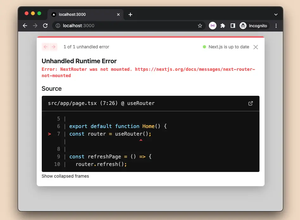Understanding Why Script Tags May Not Work in Next.js
When developing with Next.js, a common issue developers may encounter is that script tags do not behave as expected. This could be due to several reasons. Firstly, with server-side rendering (SSR), scripts are executed before the page markup is fully processed, leading to errors if certain DOM elements the script relies on are not yet available. Secondly, Next.js has its own way of handling scripts to assure they conform with the framework’s performance optimizations, as raw script tags may not adhere to these practices.
To overcome these obstacles, Next.js provides distinct approaches to include third-party scripts or custom JavaScript. The recommended way is to use the Next.js Script component introduced in version 10.2. This component ensures that scripts are loaded in a way that does not hinder the page’s load performance. Loading scripts with this component aids in maintaining the non-blocking loading of pages, which is one of the Core Web Vitals crucial for SEO and user experience.
Utilizing the Next.js Script Component
The solution to script tag issues in Next.js is to use the dedicated <Script> component. It’s part of the ‘next/script’ module, specifically designed for script management. This component provides various strategies for loading scripts, such as ‘beforeInteractive’, ‘afterInteractive’, ‘lazyOnload’, and ‘worker’. By choosing the appropriate strategy, developers can control when and how their scripts load relative to the rest of the page content.
For example, if a third-party script needs to load for every page view, like an analytics script, it’s best to use the ‘afterInteractive’ loading strategy since it loads the script immediately after the main page becomes interactive. On the other hand, if the script is less critical and can be loaded lazily, ‘lazyOnload’ might be more appropriate.
Code Example Implementing the Next.js Script Component
Here’s an example of how to use the Next.js <Script> component:
import Script from 'next/script'
function MyApp({ Component, pageProps }) {
return (
<>
<Script
src='https://example.com/somescript.js'
strategy='afterInteractive'
/>
<Component {...pageProps} />
</>
)
}
export default MyApp
In this example, the script from ‘example.com’ is loaded after the page becomes interactive, adhering to Next.js’s optimization processes. Furthermore, by using the Next.js Script component, developers benefit from improved efficiency and loading strategies that coincide with the framework’s best practices, remedying the troubles associated with traditional script tags.
Alternative Approaches
While the Next.js Script component is the recommended way to include scripts, there are other methods available. One alternative is to import third-party scripts dynamically with the help of Next.js’s dynamic imports. Another option is for less performance-sensitive scripts, you can place the traditional <script> tags within the <head> or at the end of the <body> in the document component of a Next.js application (custom _document.js).
Regardless of the chosen method, it’s always essential to test your application thoroughly and monitor its performance, as scripting can have a significant impact on load times and user experience.


